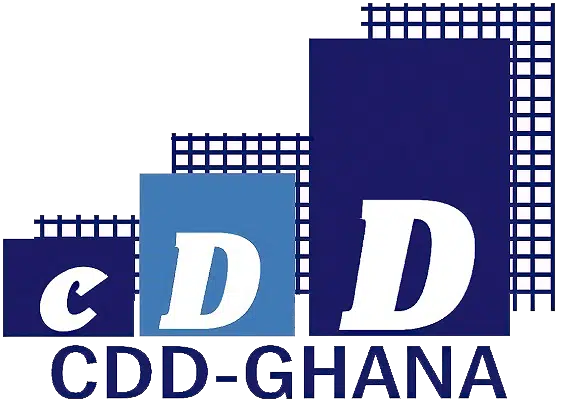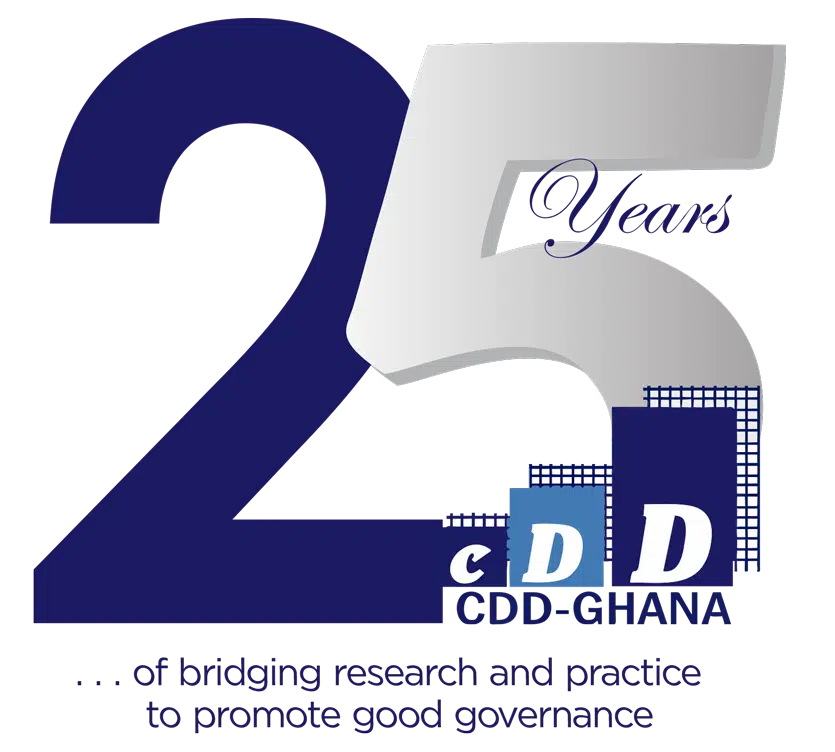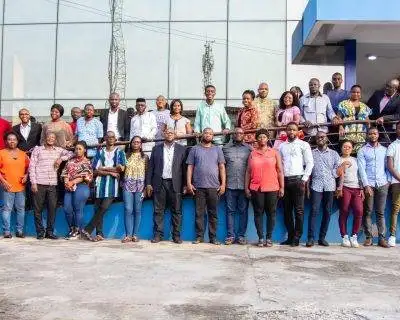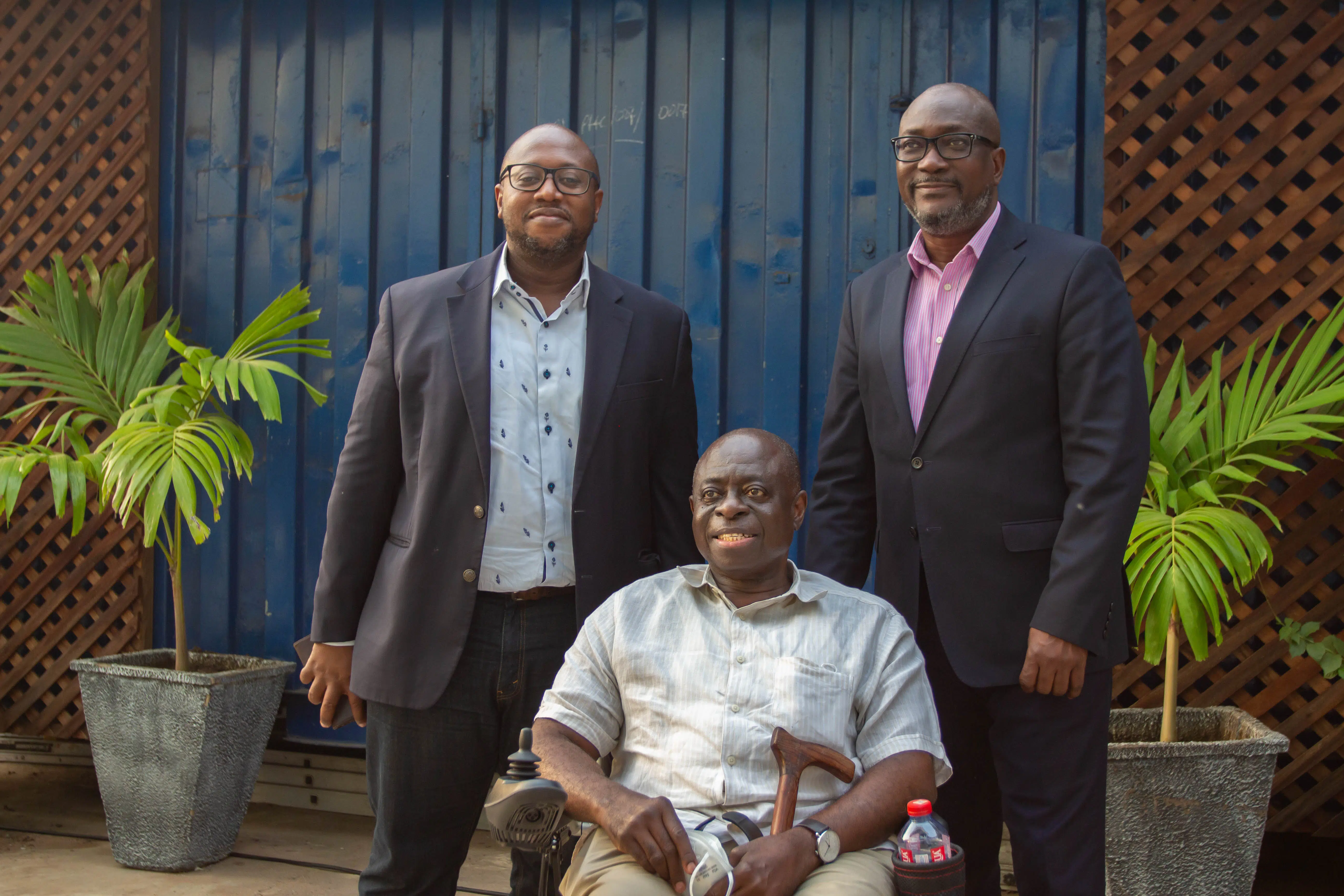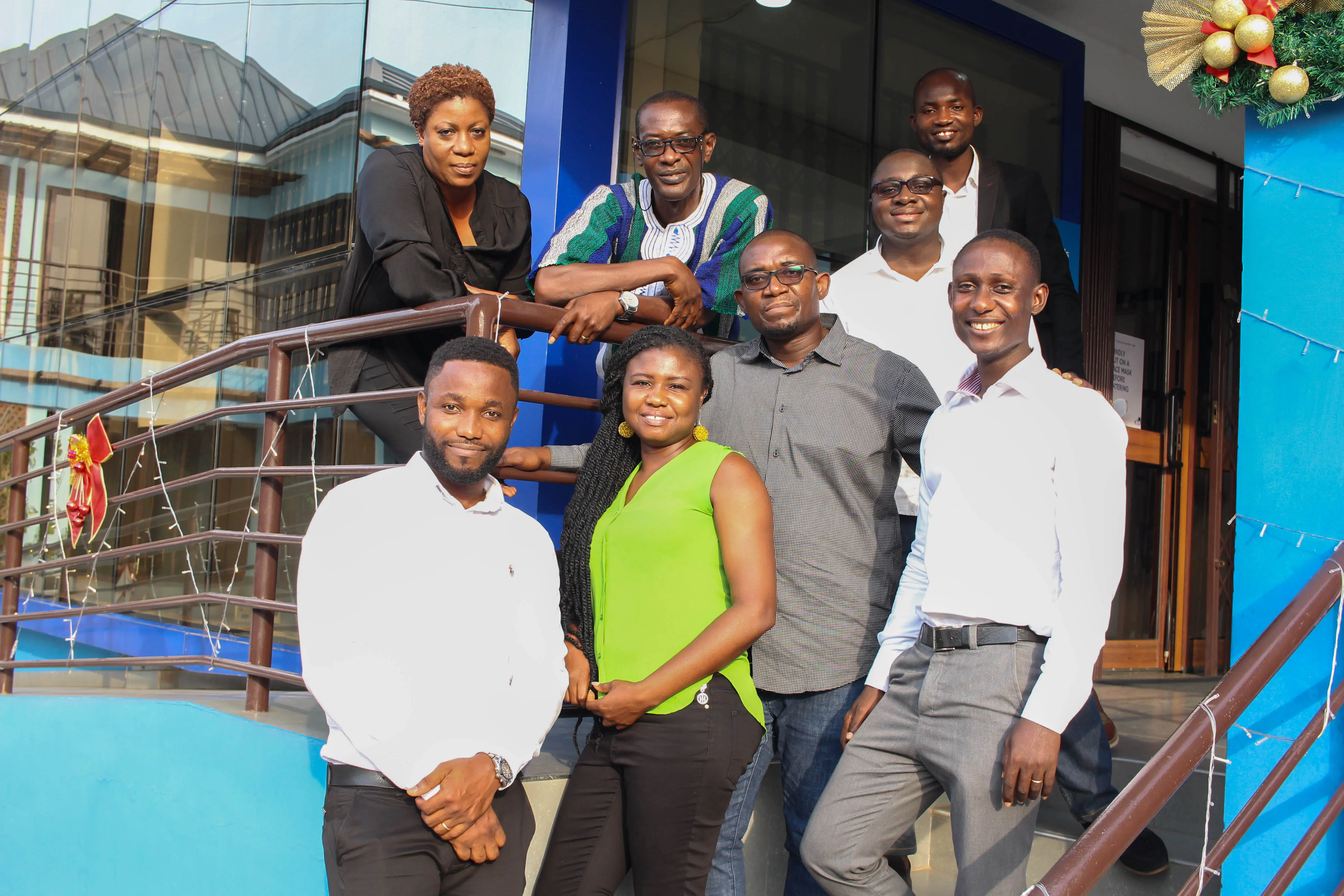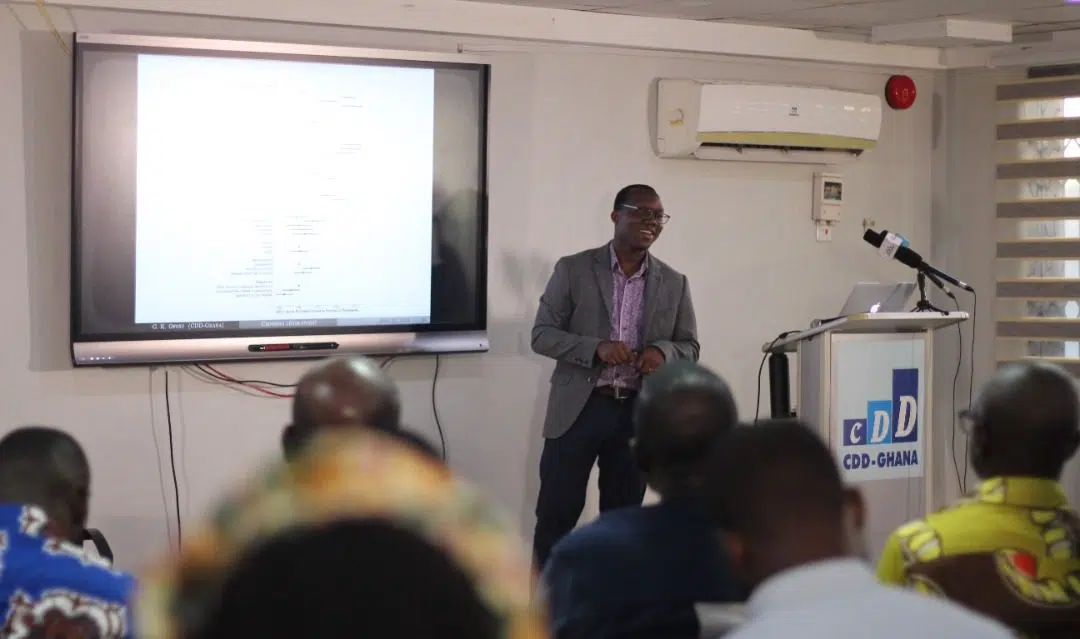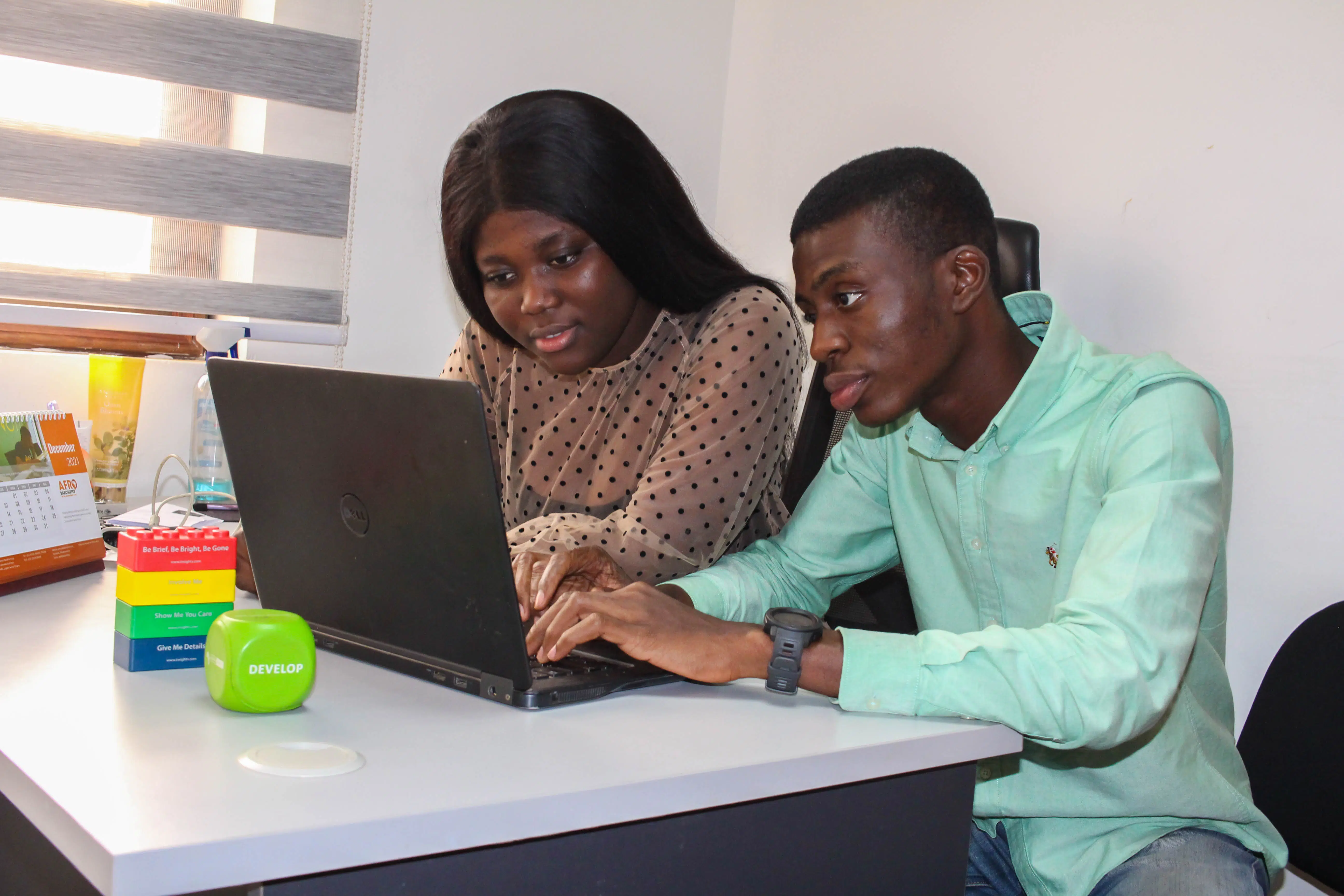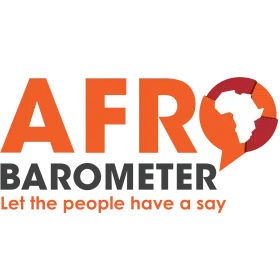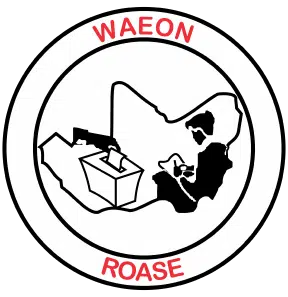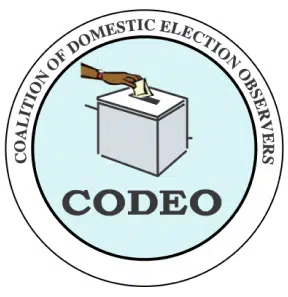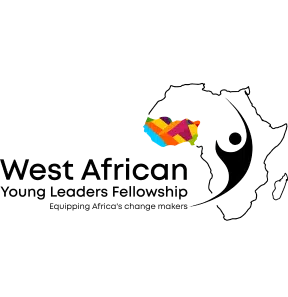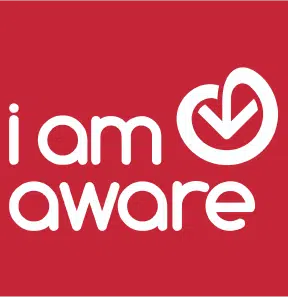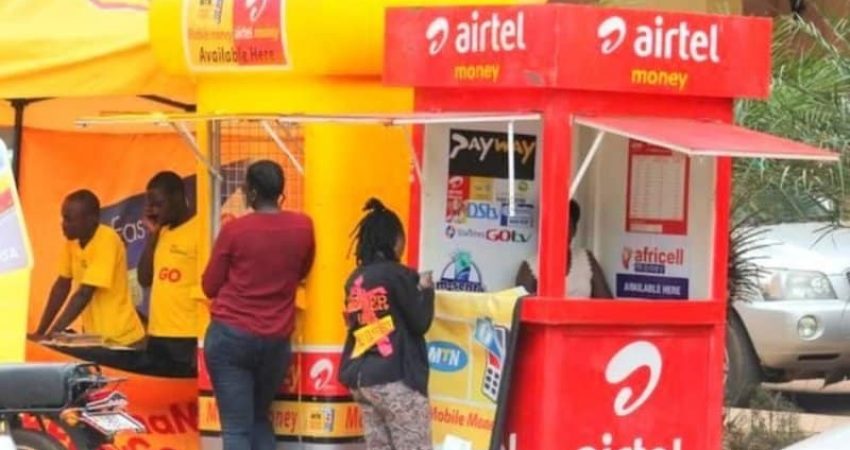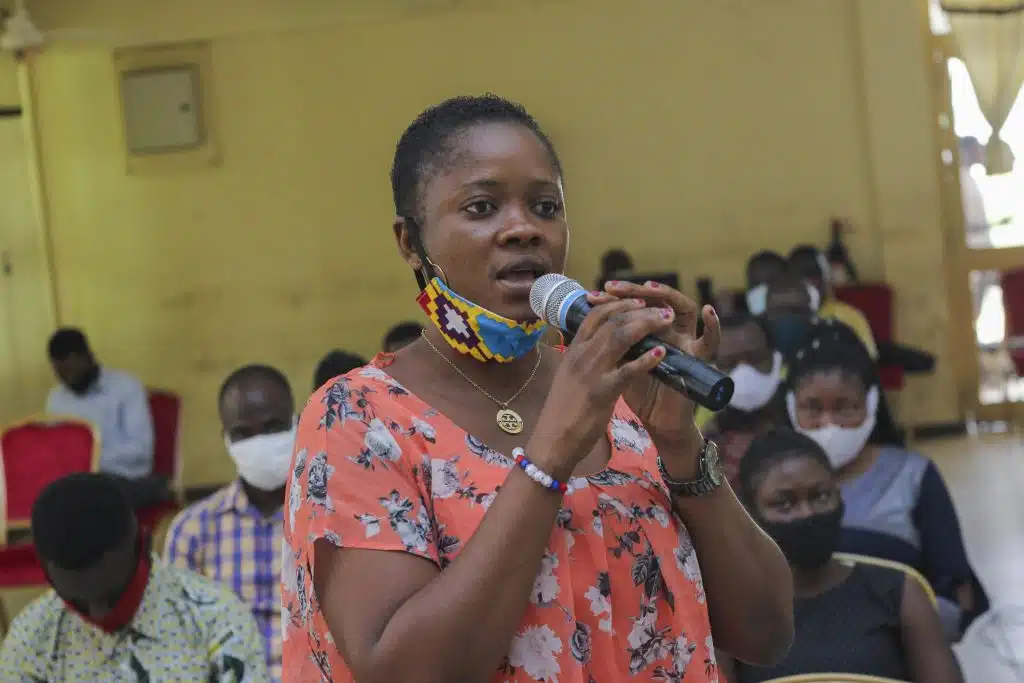The 2022 National Budget showed the extremely difficult fiscal situation government faced. The projected budget deficit was GHS 37 billion, inclusive of the almost GHS 7 billion government was counting on from the new tax Electronic Transfer Levy (E-Levy) it was introducing. Without the projected E-Levy revenue, the deficit was going to be GHS 44 billion. Based on these projections, I understood why the government, working with its extremely slim parliamentary majority, did everything possible to pass the E-levy despite the intense opposition it faced both from within parliament and outside of parliament.
Ghanaian Opposition To The E-Levy
On July 13, 2022, with the first public release of Round 9 of the Afrobarometer survey, a very clear picture of citizens’ opposition to the E-levy emerged. From the survey, sixty-seven percent (67%) strongly disapproved of the E-levy, with an additional seven percent (7%), saying they disapproved. In total, seven out of ten opposed the E-levy. The extent of the disapproval was strong with all demographic groups showing a lack of support for the new tax. The breakdown below provides a few examples:
- Across gender lines, 73% of men disapproved while 75% of women disapproved
- Across party lines, 56% of self-described NPP supporters disapproved while 84% of self-described NDC supporters disapproved
- Across the geographic divide, 72% of rural dwellers disapproved, while 76% of urban dwellers disapproved
- Across the sixteen regions, disapproval ranged from a low of 53% to a high of 90%
This level of disapproval would seem to send signals to the government to rethink the E-levy or perhaps discard the idea altogether. The clearest indication that government was still going to forge ahead in fully implementing the E-levy was contained in one of the frequently answered questions (FAQs) put out by the Ministry of Finance when the decision to seek a bailout from the IMF was announced. In Point 11 of that document, the response to the question: “Will government terminate the E-levy because IMF will give Ghana money?” was an emphatic “NO”. Point 11 also noted the possibility of the IMF encouraging government to “investigate the factors hindering the success of the e-levy (including providing technical assistance if needed) and come out with strategies to improve it.” Despite these responses and earlier held stakeholder engagements on the E-levy, government continues to face opposition from the citizen in its implementation.
The Challenges Facing Smooth Implementation
If the government is truly committed to finding out why the implementation of the e-levy has faced challenges, here are some of the important signals it needs to be aware of as expressed in Afrobarometer Round 9 by Ghanaians.
- Almost eight out of ten (76%) strongly agreed/agreed with the statement that “The e-levy is a bad idea because it means that more tax burden will be put on the poor and on ordinary citizens.”
- When the e-levy was first announced, government through various pronouncements by officials and sympathizers touted the development benefits of the new tax. In addition, several regional town hall meetings were held to further promote the tax. Nonetheless, in the survey, only nine percent (9%) said they were very confident that government will fulfill its pledge to use the revenue generated to fund development. An additional fifteen percent (15%) said they were somewhat confident. Majority of Ghanaians (75%) were either not very confident or not confident at all.
- When presented with a number of goals about the country’s tax and revenue system, only four out of ten (40%) saw raising more tax revenue as a very important goal.
- When asked in the survey whether the introduction of the e-levy will result in a) continued use of electronic financial transactions or b) avoidance of the use of electronic financial transactions, Ghanaians were closely divided. Forty-seven percent (47%) said they will continue to use electronic financial transactions while forty-nine percent (49%) said they will stop or avoid using such transactions.
A Glimmer Of Hope?
In response to the newly introduced tax and citizens’ reaction to it, various suggestions on the issue from economists I respect, have ranged from completely scrapping the tax to reducing the rate and cedi threshold at which the tax kicks in. In spite of these responses, the government remains undeterred in its pursuit of revenue from the E-levy despite the backlash. I am therefore inclined to believe that the government was banking on the fact that the Ghanaian’s reliance on the use of electronic financial transaction was inelastic (will use electronic financial transactions no matter what) and therefore the latter would accommodate the E-levy. At the end of the day, whatever the government does, I hope it takes important signals from Round 9 of the Afrobarometer survey in its decision-making on the way forward regarding the Electronic Transfer Levy.
 John Osae-Kwapong (PhD.) is a Democracy and Development (D&D) Fellow at CDD-Ghana
John Osae-Kwapong (PhD.) is a Democracy and Development (D&D) Fellow at CDD-Ghana
